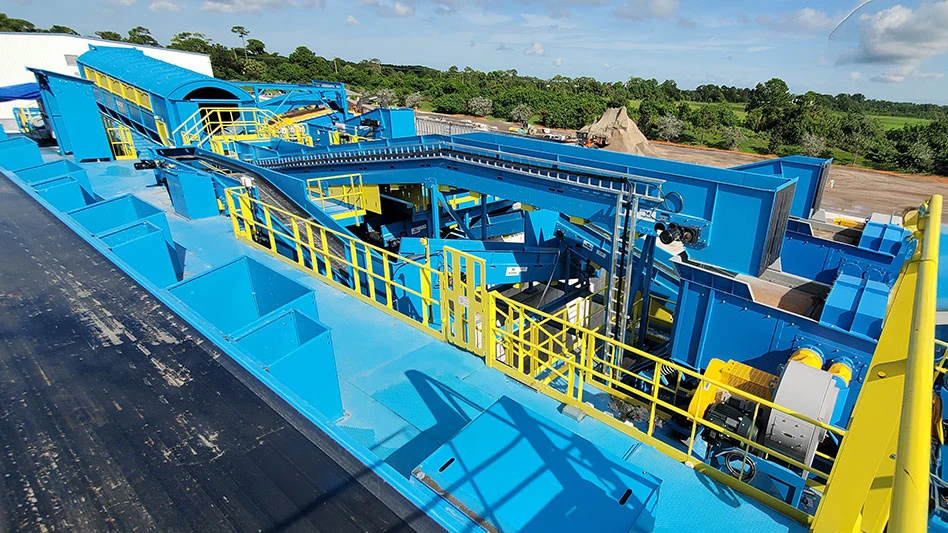A group of people and organizations in the Baltic nation of Estonia, known for its tech-oriented entrepreneurial class, has been organizing what it calls World Cleanup Day, scheduled for Sept. 15.
A news release from the campaign’s organizers says its team “is employing different forms of technology to bring out millions of volunteers in a unified cleanup action spanning over 150 countries” on that day.
“Putting together 30,000 dedicated leaders and adding technology will result in a level of cooperation and synchronization not seen before globally,” the organizers claim.
World Cleanup Day Presentation Specialist Luke Davis says organizers are attempting to build “new standards for civic cooperation around the globe, using technology to cooperate, engage and put into action unified strategies when dealing with complex challenges.”
Eva Truuverk, a member of the World Cleanup Day management board, comments, “Technology is used in every step of organizing World Cleanup Day—mapping the waste, synchronizing and communicating across continents, sharing the news and developments and figuring out lasting solutions for local communities.”
Finding recycling options, for plastic in particular, also is on the minds of the event’s organizers.
Event co-organizer Rainer Nõlvak remarks, “There should be a global trash collection system where citizens can bring their plastic [scrap] and receive some sort of payment. Most important is to motivate people to collect plastic [scrap] instead of [littering].”
Other ideas championed by Nõlvak include the European Commission’s plan to ban single-use plastics, along with a law he proposes that “only allows certain safe plastics to be produced. Then there could be a global ‘repair law’ dictating that all products – at least electrical appliances – should be easily repaired and spare parts must be easy to obtain.”
Nõlvak points out as another problem the “wide range of plastics produced, that makes collecting and recycling both difficult and expensive. If the number of different plastics produced is kept under control, then recycling is cheaper and businesses will find profitable ways to collect it.”
On the collection front, Ahti Heinla, co-founder of Starship Technologies (who also is involved in World Cleanup Day), remarks, “Computer vision has developed very rapidly during the last 10 years, so from a technological point of view automated trash sorting has become significantly easier than it used to be. For example, it might be possible to develop automated machines installed in public places, that would accept plastic from the general population in exchange for money. The machine would identify they type plastic, and accept only the right kinds.” (A presentation on such a machine was offered by Poland-based Bin-E at the 2017 Paper and Plastics Recycling Conference Europe event in Warsaw, Poland. That annual event will take place in 2018 in November in Prague.)
“World Cleanup Day will gather millions of volunteers in 150 countries to unite with their energy, goodwill and concern for the environment, to clean their countries of waste pollution in a single day,” state the organizers. The movement began in Estonia in 2008, “when 50,000 people came together to clean up their entire country in just five hours,” claim the organizers of World Cleanup Day.
Latest from Recycling Today
- Greenwave raises revenue but loses money in Q2 2025
- Recycled steel prices hold steady
- EY says India’s need for scrap imports will continue
- Coming full circle
- Amcor, DCM introduce fertilizer packaging with 35 percent recycled content
- Comstock Metals gets closer to commissioning commercial-scale solar panel recycling facility
- Washington selects Circular Action Alliance as PRO
- Smurfit Westrock expands in Latin America





